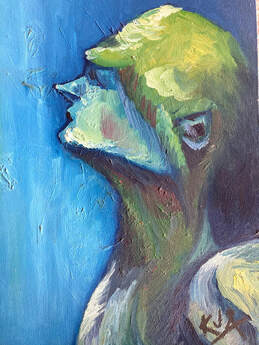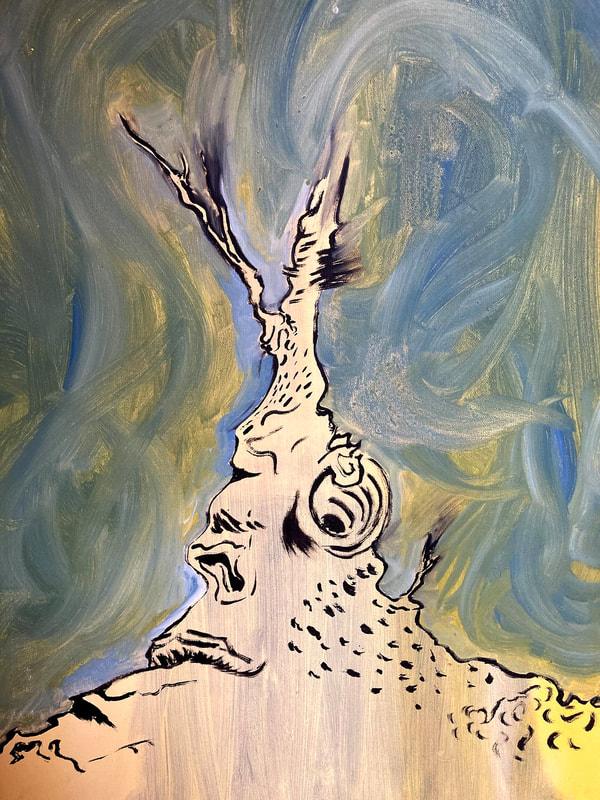global governanceMy book project documents the emergence of a novel subject of global governance, the stakeholder. Using genealogical methods, I track the production of the stakeholder in diverse institutional settings from its origins in midcentury (largely, though not exclusively, US) managerial discourse to international organizations such as the World Bank and the Internet Governance Forum. Working in the pragmatist tradition, I argue that the stakeholder has transformed democratic practice in the twenty-first century.
|
(global) political theoryWorking at the intersection of political theory and international relations, I am interested in how concepts, methods, and questions found in the former can enrich the latter. This stance appears throughout my current research in global governance, but it also presents in work on democratic theory:
(2021) "Midcentury Modern: The Emergence of Stakeholders in Democratic Practice" in the American Political Science Review. I am currently working on a pragmatist critique of stakeholder global democracy and a retheorization of global democracy drawn from pragmatists such as B. R. Ambedkar and W. E. B. Du Bois. |
ir theoryMy recent work has been directed specifically to the discipline of International Relations:
(2017) "A Pragmatist Vocation for International Relations: The (Global) Public and its Problems" in the European Journal of International Relations. My colleague, Yehonatan Abramson, and I discuss the value-added of pragmatism for IR not in terms of its contributions to political ontology, empirical analysis, or methodological debates but a vocational commitment to democratizing the production of knowledge. (2017) "Making Machines: Unlikely Resonances between Realist and Postcolonial Thought" in International Political Sociology. In this paper, I argue that though realism and postcolonial theory are considered vastly different theoretical and ethical "paradigms," there are elective affinities among classical realist and postcolonial thought. Cultivating a shared critique of liberal forms of violence and imperialism, I draw connections between the two traditions to ask whether contemporary realist thinking, found more deeply in the halls of power, can be leveraged toward greater respect for difference. |






